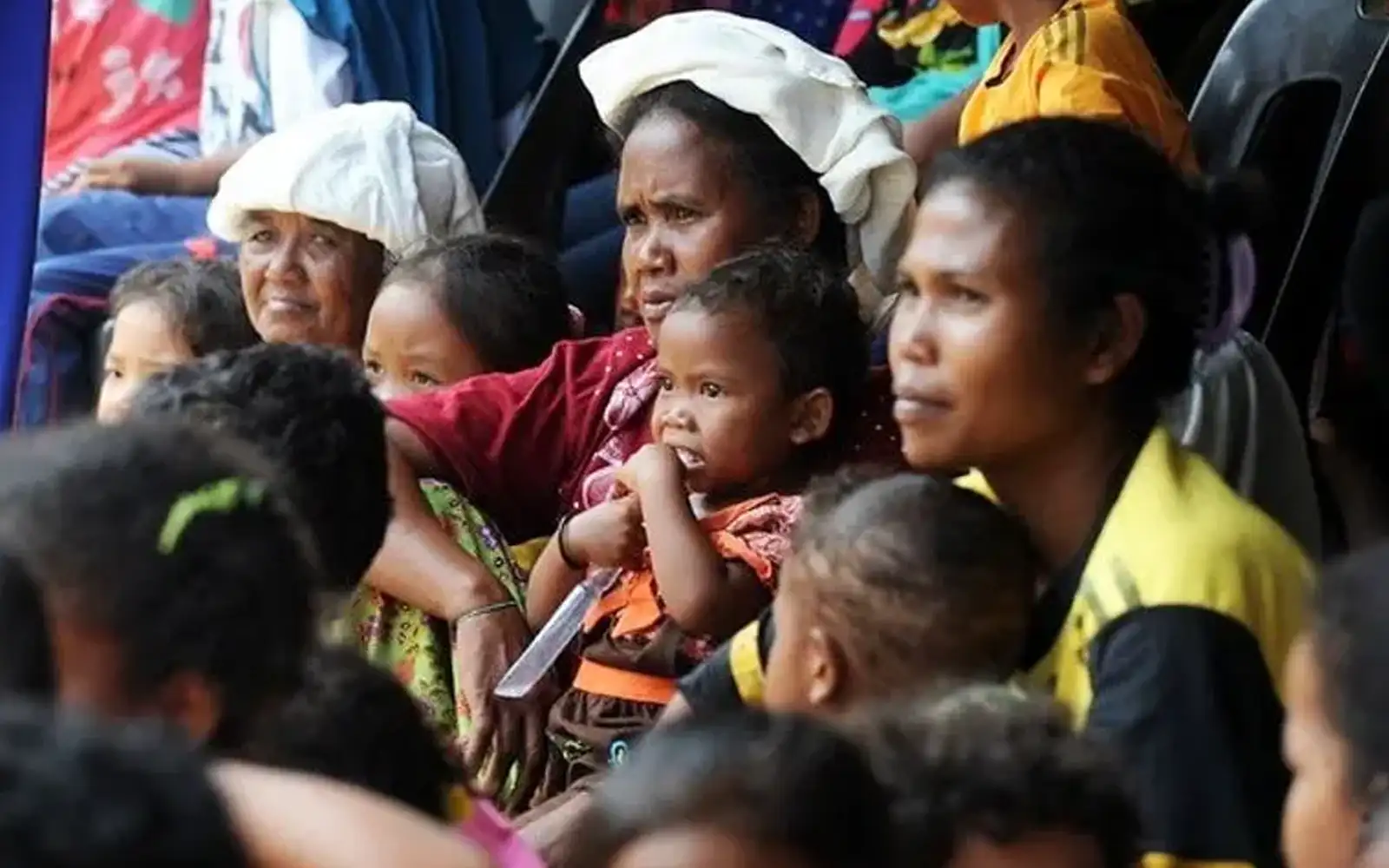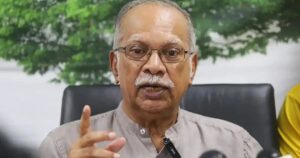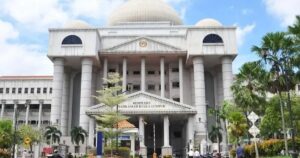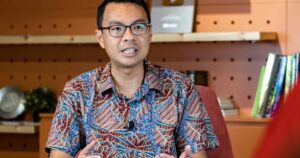
The Orang Asli have urged the government to step up engagement with their community before amending the Aboriginal Peoples Act 1954, saying any policy improvements must bring about meaningful and holistic change to their lives.
Aboriginal Peoples Association of Peninsular Malaysia (POASM) president Ajis Sitin called for more engagement sessions, particularly with leaders and professionals from the community, to ensure that their views are taken into account.
He warned that rushing the process or relying solely on the perspective of selected stakeholders, or models from other indigenous communities such as the Maori in New Zealand, risked failure if the voice of the grassroots was excluded.
“We’ve been informed that the government has concluded consultations with stakeholders regarding the amendments to the Act, but many Orang Asli leaders, intellectuals, and legal practitioners were not involved or invited to provide feedback,” said Ajis.

“I urge the rural and regional development ministry to engage with Orang Asli professionals, community leaders, and grassroots representatives.”
Ajis, a former senator, also suggested a thorough review of issues involving the allocation of resources, land rights, social matters such as marriage, and customary practices in the proposed amendments.
Deputy prime minister Ahmad Zahid Hamidi said yesterday that the Aboriginal Peoples Act would be amended after more than 70 years, taking inspiration from the Maori empowerment model in New Zealand.
Key features from the New Zealand approach that might be adapted to Malaysia include land ownership rights, inclusive access to education, and the establishment of a dedicated funding agency to support indigenous entrepreneurship.
However, Zahid said that the New Zealand model could not be adopted wholesale and must be adapted to suit the unique needs and realities of Malaysia’s Orang Asli communities.
Meanwhile, Parti Orang Asli Malaysia president Rashid Ka’ said the success of the Maori community was largely due to the New Zealand government’s recognition of their voice.
He said even indigenous political parties such as Te Pati Maori were given a platform in national decision-making.
“But in Malaysia, Orang Asli voices are still not being heard in a meaningful way,” he said, adding that most in the community only learned about the proposed amendments through media reports.
He added that the effectiveness of legislative reforms would depend on the government’s willingness to reform the Orang Asli development department (Jakoa).
“The Orang Asli have long called for Jakoa to be led by our own people, selected based on merit, not favouritism or political connections.
“I propose that at least 95% of positions in Jakoa be filled by Orang Asli,” he said.






